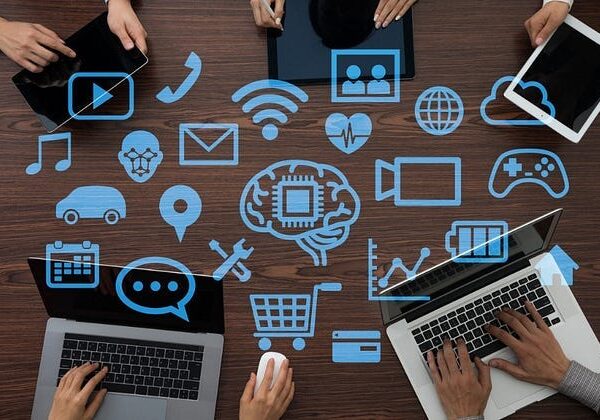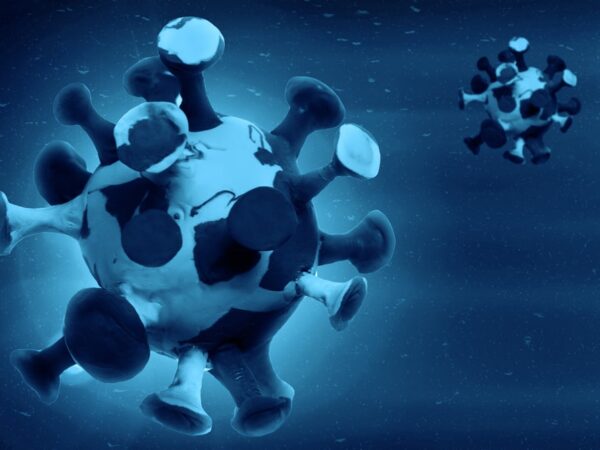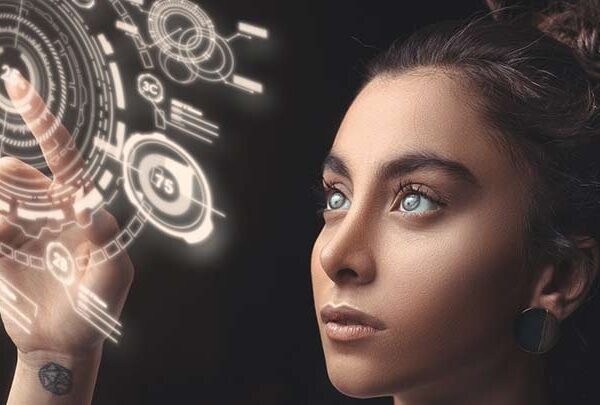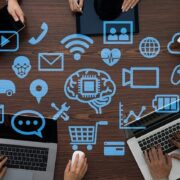Understanding the Distinction: Technology vs. Artificial Intelligence (AI)
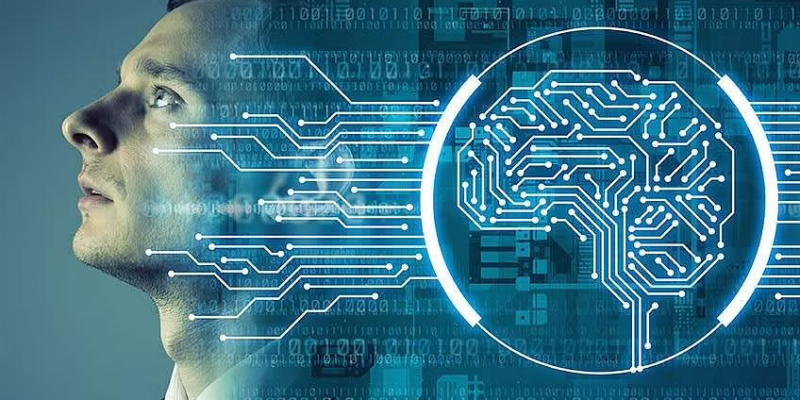
In our rapidly evolving digital landscape, the terms “technology” and “artificial intelligence” (AI) are often used interchangeably. However, they represent distinct concepts with unique implications. Let’s delve into the differences between these two domains and explore their impact on our lives.
Technology: The Foundation of Modern Systems
Technology encompasses a broad spectrum of tools, processes, and systems designed to enhance human capabilities. Here are key points to consider:
- Definition: Technology refers to any application of scientific knowledge for practical purposes. It encompasses hardware, software, networks, and communication channels.
- Scope: Technology encompasses a wide range of fields, including information technology (IT), telecommunications, engineering, and more.
- Focus: IT professionals manage infrastructure, data storage, networks, and software applications. Their goal is efficient data processing, communication, and information access.
Artificial Intelligence (AI): Beyond Automation
AI represents a subset of technology that aims to replicate human intelligence. Here’s what you need to know:
- Definition: AI involves creating computer systems capable of tasks that traditionally required human cognition. These tasks include speech recognition, decision-making, and pattern identification.
- Techniques: AI includes various techniques, such as machine learning, deep learning, and natural language processing (NLP).
- Applications: AI powers services we encounter daily, from chatbots providing real-time customer support to recommendation algorithms suggesting personalized content.
Key Differences
- Purpose:
- Technology: Enhances communication, data storage, and information access.
- AI: Focuses on intelligent decision-making and learning from data.
- Autonomy:
- Technology: Operates based on predefined rules and instructions.
- AI: Adapts independently, learning from experience and data.
- Examples:
- Technology: Networks, databases, operating systems.
- AI: ChatGPT, computer vision, autonomous vehicles.

